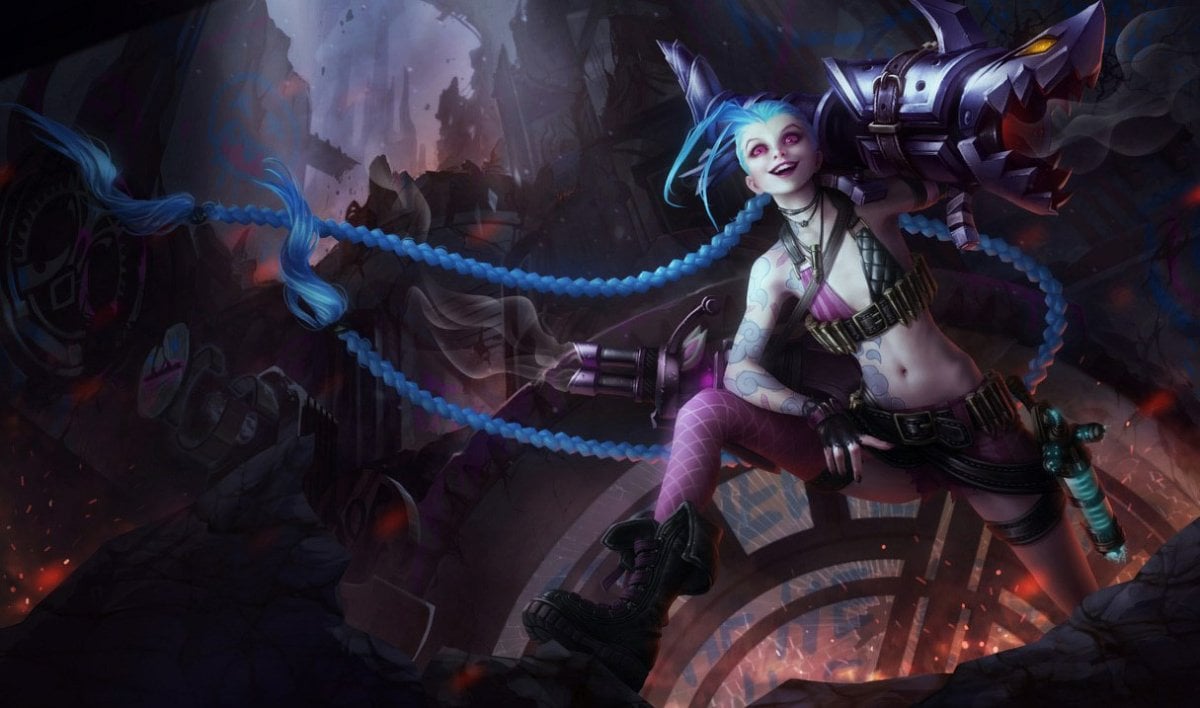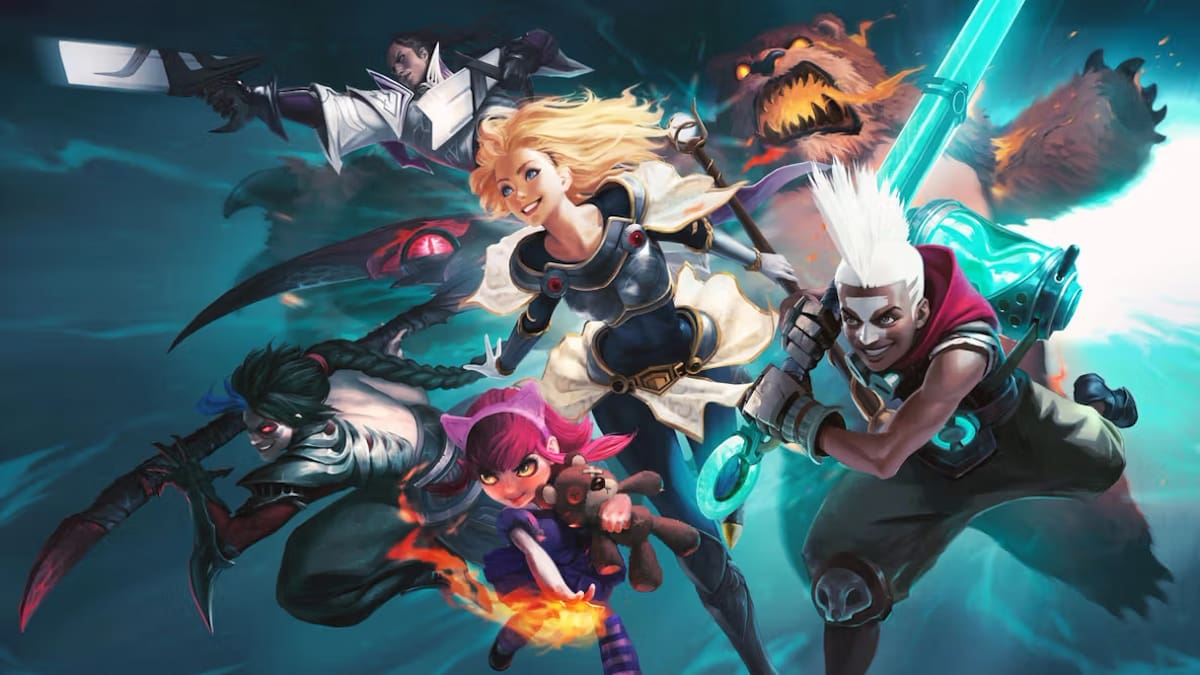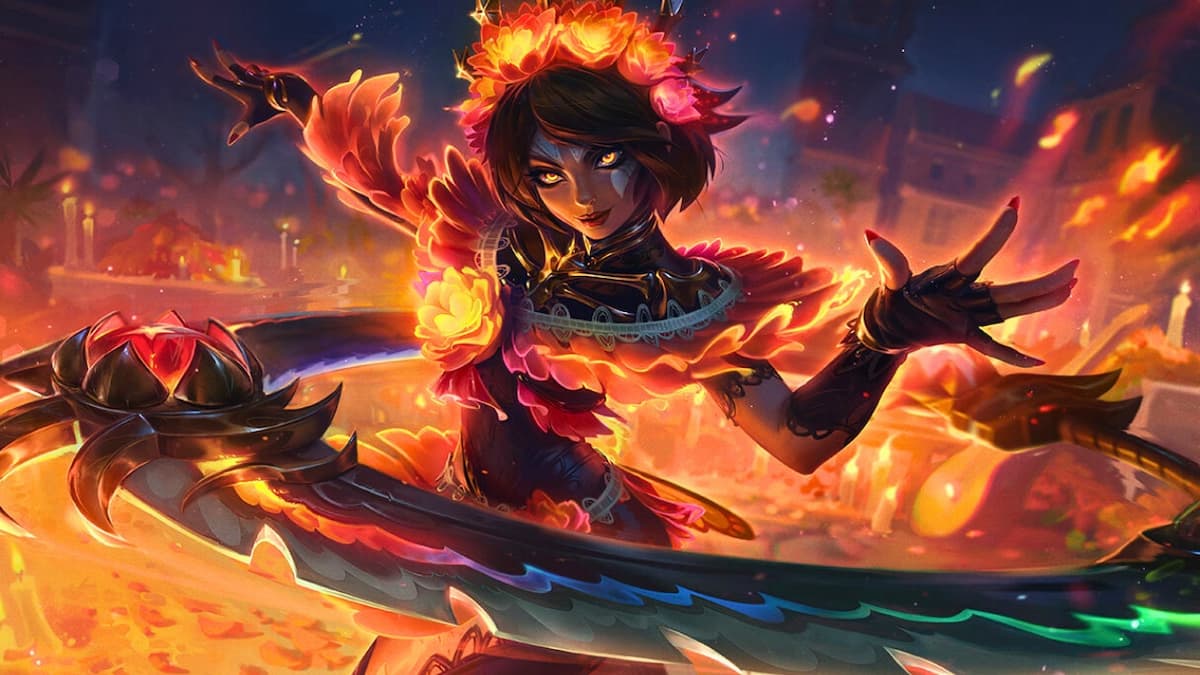In order to have a starting point from which I can explore the current state of League of Legends coaching in the west, I want to create a model of which, right now, I believe it covers the necessary aspects of a professionally organised League of Legends team sufficiently. The following model will describe roles, not positions. So in theory, one person could fulfill multiple roles although ideally that is not the case. Here’s an overview of what I have in mind right now:

Now, I realise his looks quite loaded at first, and a smaller organisation might not have the capabilities to have a dedicated person taking care of all these roles, but like I said before, you don’t have to have one person for each position.
Now the team owner is pretty self explanatory: This person or entity is owning the actual organisation including its marketing rights and so on. Ultimately, this person or entity can make any big or small decisions in and around the team, but in a perfect world does not. The team owner is supposed to handle organisation level business like acquiring teams, hiring managers, managing the brand. In smaller organisations, the team owner tends to be more invested and involved in the teams themselves, but in a bigger organisation this should not be the case since this person usually does not have the time to really be useful. Especially when there are multiple teams for different games in the organisation. For proper management of each division, the org should hire a manager for each division.
The team manager is usually the one you speak to in regards to any official business about a division. When LCS officials need to approach the an organisation, they will speak to this person first and foremost. This goes the other way around too, obviously. The other major part of the manager’s job is employ the staff and players. The owner is the one who decides to get player x, or coach y. He is responsible for the success of the team in that regard and has mostly free reign over his division. The manager also needs to make arrangements around the team, like booking flights and hotels when there is an event coming up, taking care of transit and living situations. He is not responsible for clean clothes, but for the players to have the opportunity to wash their own clothes.
He is not, however, responsible for actual game related stuff. He does not try to influence a team’s strategy, or decides which player is going to start in the team or not. Those decisions are made by the head coach, who is working closely with the manager.
The head coach will typically shape the direction of where the team is going strategically. To do so, he gets to have a say in what personal the manager employs, for instance which players or analysts to get. The manager has the ultimate say, but the coach should be able to basically decide for himself since the he is the one who has to make this team successful. Also, the head coach is the one who knows what style he wants to play and what players match his criteria.
The head coach can not possibly know everything about the game and his decisions will be mostly macro-based strategy. The analysts and secondary coach give him additional information about what is good in the game and what his players are capable of doing, as well as what his opponents are capable of, and the head coach develops a game plan accordingly. He has to understand strengths and weaknesses of his team and work around that, while looking to improve.
Since he focuses on macro strategy, his primary way of coaching the team is going to be conceptual rather than scenario specific. His focus lays on making the team understand what exactly it is they try to achieve ingame, and why they do it this way. Additionally, he needs to focus on communication ingame and develop a system that helps making communication effective and applicable.
Aiding the head coach will be a secondary coach, which I have labeled “micro coach” in this case. That coach is someone with decent game knowledge, particularly on a micro basis. This coach will work with the players to improve their individual performance and reports to the head coach when there are problems or improvements. When a player has issues laning with a new champion, this coach will look at his play and try to give him help on little things that can be improved and practiced. The coach will also give the players “tasks” to improve on in soloq and regularly check on their progress.
To help his head coach, the micro coach will give him information about what his players strengths and weaknesses are, how they deal with certain matchups and so on. This type of position is ideal for a lot of former professionals who want to become coaches, because they can focus on the part that made them good and they have experience in how to improve on certain champions or aspects of the game.
I want to take a quick break at this point where I stop explaining the roles and briefly mention something all the aforementioned roles (perhaps except the team owner) have to have in common: They all need to work well with people and have a general attitude that suits their roles. If you are someone who gets angry quickly, or let’s his own ego get in his way, you will not succeed as a coach or manager. I specifically mention that at this point, because we have seen a lot of former professionals try to be coaches for a period of time, who may not have the necessary person-skills you need to coach young adults. It has been mentioned by people in the industry before, prominently Christopher “Montecristo” Mykles, that a coach (particularly the head coach) should be a bit older to have the necessary authority over the players, and I absolutely agree with that. In case of the micro coach, age might not be that big of a factor, but the person has to show a certain degree of maturity in any case.
Our next roles to look at are the two types of analysts. Given how complex the game has become, it is not always easy to find out what is “ideal” and works best, what counterplays there are and what new champion picks might have to be considered. The VOD-Reviewer’s job is to keep his eye out on all regions, realising what is being played and trying to understand it. He also scouts the next opponents and analyses their play. This person has a good strategic grasp and understands the game well enough to learn about new champion matchups. He typically does not work with the players directly but via the head coach and micro coach. When he finds noteworthy stuff he will discuss it with either of them, depending on who can apply this information better. New, “cheesy” champion picks can be discussed with the micro coach who will talk to the players or try out those picks, to see whether they work or can be dismissed. Should they be viable picks, he can suggest them to the head coach who will decide if they are viable enough to be picked from a strategy point of view.
The other analyst, labeled “gameplay analyst” is sort of the number cruncher. He will try to find ideal runes and masteries for champs and matchups or test out different itemisation and their effectiveness. Typically the players will get to those infos by playing a lot, but the “feel” of a player might betray him and the math behind it tells a different story. Obviously this analyst will work with the players more closely than the VOD reviewer, players can make requests.
Another thing this analyst will look out for is efficient use of items and particularly vision. He will compare common ward spots and how effective they are, how to properly gain and control vision around objectives with any given team comp and help the head coach come up with concepts of vision control. Ideally, this analyst comes up with a vision concept each week specifically catered to the upcoming opponents, working with the VOD reviewer to understand the opponents approach and work around it.
Last but not least, I would like to talk about the role of a sports-psychologist. I do believe that having a professional help the players mentally, and help the team with internal issues, is very beneficial. It could really help the players to have an “outside” person, who they can trust, who they can talk to about personal issues whether they are game related or not. This person can resolve conflicts even between staff and players, where typically a power gap exists, in a professional and productive manner. If you were to employ such a person full time, you might consider giving this person additional tasks, which I would describe as being the team “mom”. Considering the young age of most of the pro players, it is probably a good Idea to have someone to help them with some of their everyday chores without babysitting them. I mentioned, as an example, doing your own laundry. This was meant to be more of a placeholder for the general everyday tasks in life, like keeping yourself organised and clean, perhaps balancing your work life with some outside interests and physical activity.
Finally I would like to mention a kind of luxury addition: A cook, who takes care of the player’s diet and makes sure they eat healthy and regularly, is certainly something to consider. History has shown us that many teams would just order fast food and eat at their desks, and while this is not seen as often anymore, I am sure it still happens a lot. From personal experience I can say, and you would probably agree, your diet has a big influence on you general well-being. It also directly influences your ability to practice and learn, since your body will be busy digesting which takes away your energy. A scheduled and balanced meal time can already improve practice, of course you don’t actually need a trained cook for that.
So this is it, this is what my approach would look like. There is certainly more to be said about the individual roles but most of the things I thought were important, have been mentioned. At this point it would be up to the manager and head coach to employ a daily schedule and regime, and to apply intelligent measures of practice to make the most of each of those days.
In my next bit I will look at the history of coaching in the LCS and how it has developed. Since I have more time at my hands now, the update won’t take as long as this one did.
Feedback is very welcome, in the comments or via twitter @TediousEsports






Published: Jul 23, 2015 07:24 am